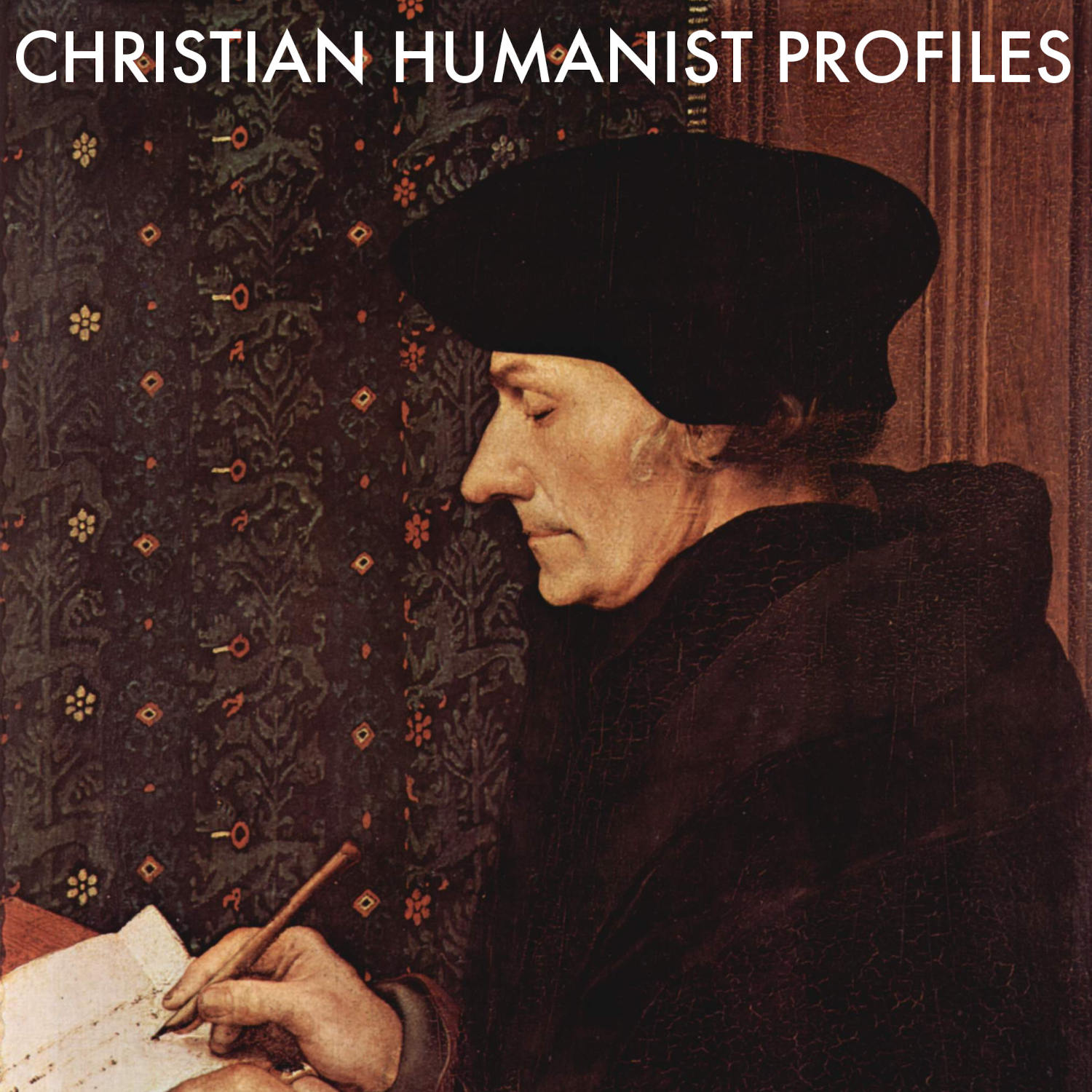Genesis–Bereshith in the Hebrew–opens with grand narratives of beginnings and generations, and the New Testament starts with four distinctive narrative accounts of Jesus, the anointed one. For traditions that consider theology an interpretive endeavor at the outset, then, stories are the start, and Psalms and hymns and prophetic verse follow close behind. But somewhere along the line, the propositions and syllogisms and refutations and such that get their start as commentaries on the narrative and Psalmic and apocalyptic start to make demands of their own, and theology becomes even more a ground for contest than it seems to be in the texts that we call Bible. Where does that leave us when it comes to theology? Dr. Thomas Gardner’s book Lyric Theology calls us back to verse and narrative and on ahead into film, reminding us that it can’t hurt to come back home when it comes to theology.

David Grubbs interviews Wesley Hill about his new book "Paul and the Trinity."

Victoria Reynolds Farmer interviews Dr. Paula Trimble Familetti about her recent book "Prostitutes, Virgins, and Mothers."

Michial Farmer interviews Nick Ripatrazone about his recent book, "Longing for an Absent God."